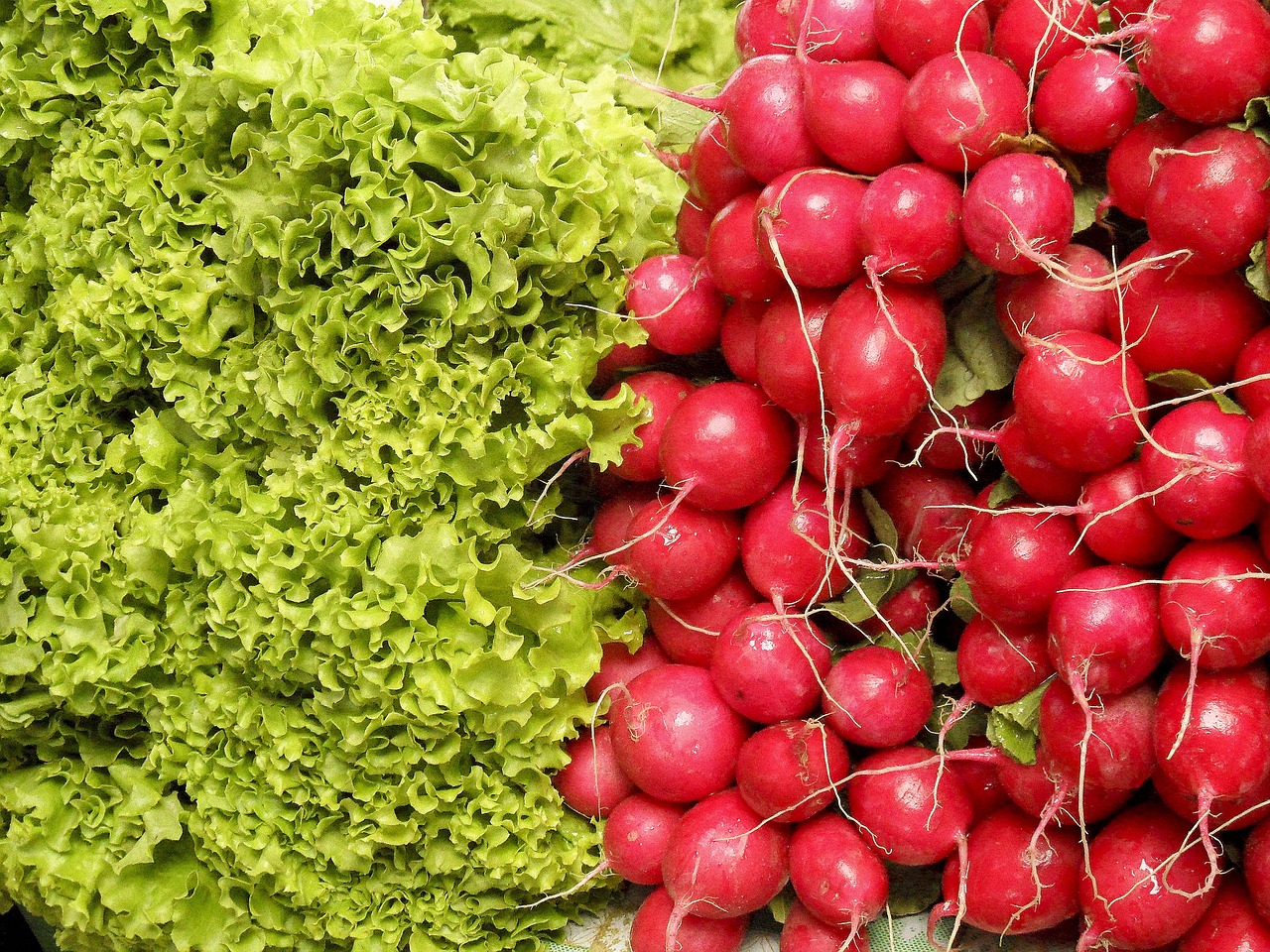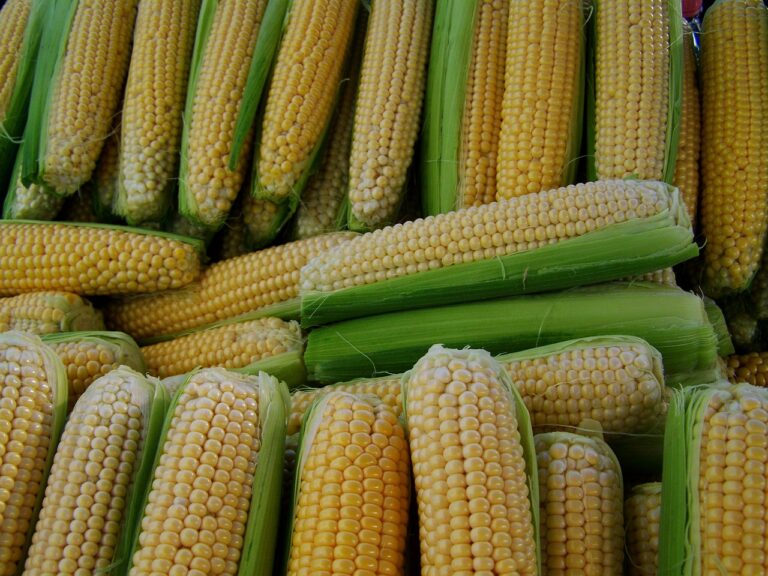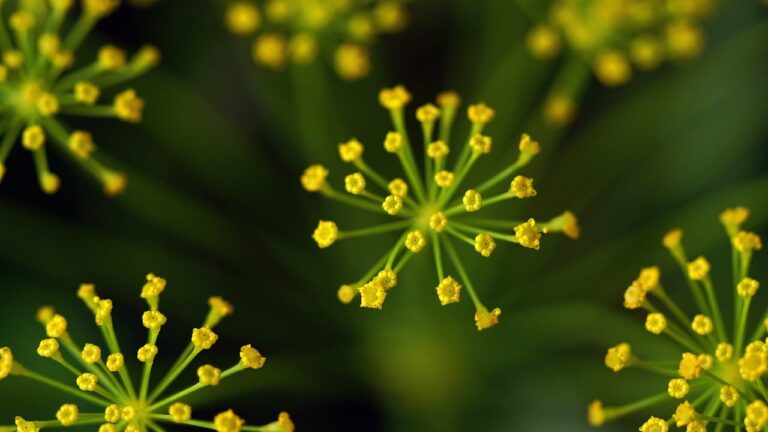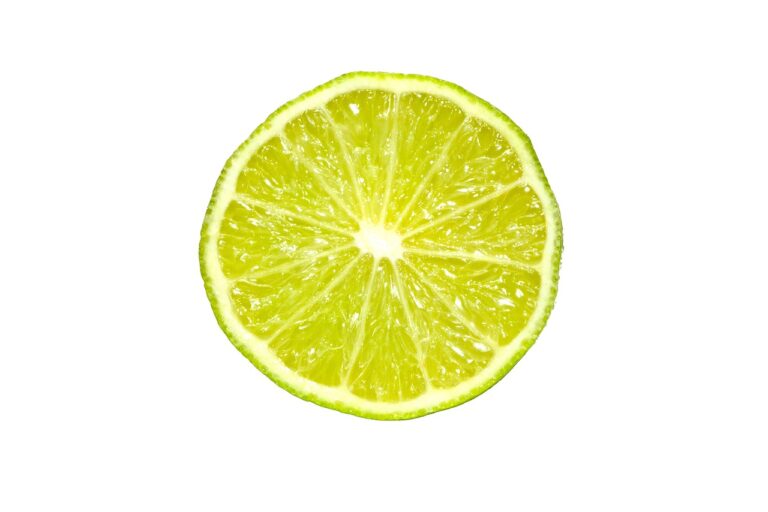The Importance of Forage Diversity for Bees: 11xplay reddy login, Gold365 registration, Skyfair
11xplay reddy login, gold365 registration, skyfair: Bees are crucial pollinators that play a vital role in the ecosystem and agriculture. With their ability to transfer pollen from one flower to another, they help in the reproduction of flowering plants, including many crops. However, bee populations are declining worldwide, posing a threat to biodiversity and food security. One of the key factors contributing to this decline is the lack of forage diversity for bees.
Why is forage diversity important for bees?
Forage diversity refers to the variety of plants available for bees to gather nectar and pollen from. Just like humans, bees need a diverse diet to stay healthy and thrive. Different plant species provide bees with a range of nutrients, vitamins, and minerals essential for their development and immune system. A lack of forage diversity can lead to malnutrition in bees, making them more susceptible to diseases and parasites.
Moreover, forage diversity helps bees cope with environmental changes and fluctuations. Climate change, habitat loss, and pesticide use can impact the availability of flowers and disrupt the natural foraging patterns of bees. By having a diverse range of plants to choose from, bees can adapt to these changes and find alternative sources of food when their preferred flowers are scarce.
The benefits of forage diversity extend beyond the health of individual bees. A diverse range of plants also supports a diverse community of pollinators, including solitary bees, bumblebees, butterflies, and hoverflies. These pollinators complement the work of honeybees and contribute to the overall pollination of crops and wild plants.
How can we promote forage diversity for bees?
There are several ways we can promote forage diversity for bees in our gardens, parks, and landscapes:
1. Plant a variety of flowering plants: Choose a mix of native and non-native plants that bloom at different times of the year. This will ensure a continuous source of food for bees throughout the seasons.
2. Provide a range of flower shapes and colors: Bees have different preferences when it comes to flowers. Some species prefer tubular flowers, while others prefer flat or clustered ones. By offering a variety of flower shapes and colors, you can attract a diverse range of bee species to your garden.
3. Avoid using pesticides: Pesticides can harm bees and other pollinators. Opt for organic or bee-friendly alternatives to protect the health of pollinators and promote a safe environment for them.
4. Create bee-friendly habitats: Incorporate features like bee hotels, nesting sites, and water sources in your garden to provide shelter and resources for bees.
5. Support local initiatives: Get involved in community-led efforts to create pollinator-friendly spaces in your neighborhood. By working together, we can increase the availability of forage diversity for bees on a larger scale.
The importance of forage diversity for bees cannot be overstated. By providing a diverse range of plants for bees to forage from, we can help support healthy bee populations and ensure the pollination of crops and wild plants. Let’s work together to create bee-friendly habitats and promote forage diversity for the benefit of bees and our environment.
FAQs
Q: How can I attract bees to my garden?
A: Planting a variety of flowering plants, providing nesting sites, and avoiding pesticide use are great ways to attract bees to your garden.
Q: Are all bees the same?
A: No, there are over 20,000 species of bees worldwide, each with their own characteristics and preferences.
Q: Can I help bees if I live in an urban area?
A: Yes, even small urban gardens can provide valuable forage for bees. Planting bee-friendly plants and creating habitat features can make a difference.
Q: Why are bees important for the environment?
A: Bees are crucial pollinators that help in the reproduction of flowering plants, including many crops. Their pollination services are essential for biodiversity and food security.







